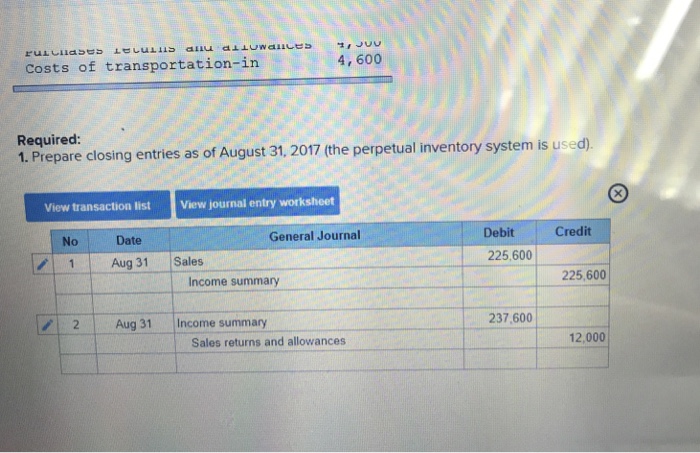Each august a restaurants rent is adjusted – Each August, restaurants across the nation face the annual adjustment of their rent, a critical expense that can significantly impact their financial stability. This comprehensive guide delves into the complexities of restaurant rent adjustments, exploring their implications, management strategies, legal considerations, and market trends.
Understanding the financial impact of rent adjustments is paramount for restaurant owners. Annual rent increases or decreases can strain or bolster restaurant budgets, necessitating careful planning and proactive measures to mitigate potential risks.
Impact of Rent Adjustment on Restaurant Finances: Each August A Restaurants Rent Is Adjusted

Monthly rent expenses constitute a significant operational cost for restaurants. Annual rent adjustments can have a substantial impact on restaurant budgets. Rent increases can strain cash flow, reduce profitability, and limit the ability to invest in growth. Conversely, rent decreases can provide restaurants with financial relief, allowing them to allocate funds to other areas of the business.
Strategies for Managing Rent Adjustments
- Negotiate favorable lease terms, including clear escalation clauses and potential rent reductions.
- Implement cost-saving measures, such as energy efficiency upgrades, reduced labor costs, and optimized menu pricing, to offset rent increases.
- Explore revenue-generating opportunities, such as expanded menu offerings, catering services, or private dining, to supplement income and cover rent expenses.
Legal Considerations and Lease Agreements
Rent adjustments are governed by the terms of the restaurant’s lease agreement. Understanding the escalation clause, which Artikels the criteria for rent adjustments, is crucial. Restaurants should also be aware of their legal rights in case of rent disputes.
Market Trends and Industry Benchmarks
Historical and current market trends influence restaurant rents. Industry benchmarks provide a reference point for restaurants to compare their rent expenses to similar establishments. Rents can vary significantly based on geographic location, market demand, and property type.
Forecasting and Planning for Rent Adjustments, Each august a restaurants rent is adjusted
Forecasting future rent adjustments based on market data is essential for long-term planning. Restaurants should develop contingency plans in case of unexpected rent increases. This may involve negotiating a rent freeze or seeking financial assistance from lenders or investors.
Clarifying Questions
What factors influence restaurant rent adjustments?
Rent adjustments are typically based on market conditions, inflation rates, property taxes, and operating expenses.
How can restaurants prepare for rent increases?
Restaurants can prepare for rent increases by building financial reserves, exploring cost-saving measures, and negotiating favorable lease terms.
What legal protections are available to restaurants in case of rent disputes?
Restaurants have legal recourse in cases of rent disputes, including mediation, arbitration, and litigation.

